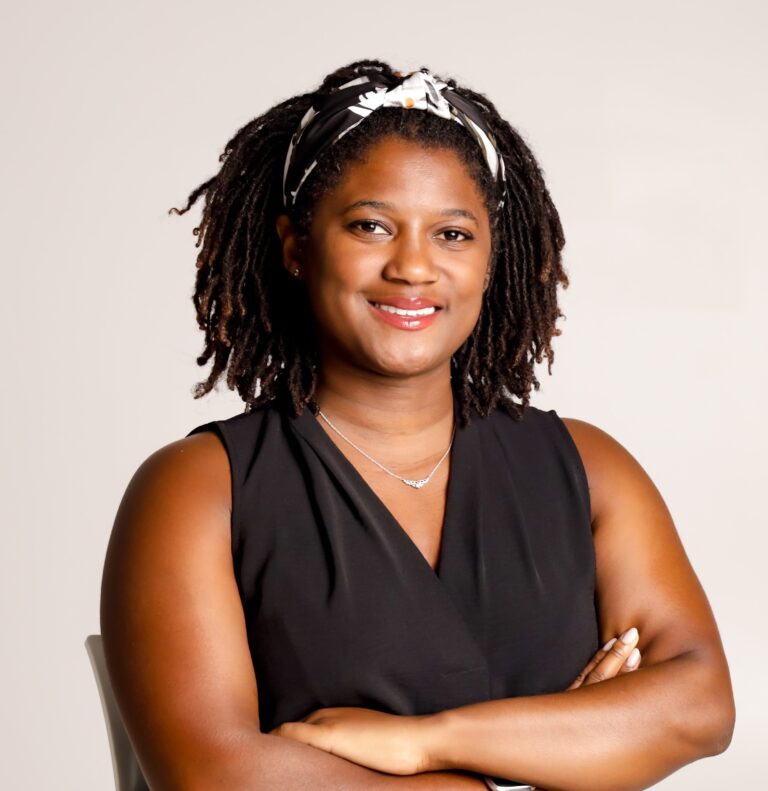During hurricane season, common concerns may include potential property damage, the risk of personal injury and whether their insurance is up to standard. While those items are valid concerns, that’s only part of the story.
Mercedes Pringle-DeSilva, executive director at Age Concern, provided some insight into the services they provide, and their recommendations for older adults during hurricane season. She remarks that there seem to be more older adults on their own with their adult children, sometimes from overseas, contacting Age Concern to check in on their parents.
When a community experiences a disaster, the lives of every person are disrupted. This is perhaps never truer than when it comes to our seniors. The supports that may be in place are disrupted as well. The loss of power or transportation can have lasting consequences for our most vulnerable.
Like anyone, older adults are affected in different ways by an event like a hurricane. The difference is, the experiences they have during this time can affect their daily functioning years later. Simple tasks such as carrying heavy groceries, walking up a flight of stairs, and standing for long periods of time become challenging. However, they can be alleviated with a focused response immediately after a disaster.
If you want to reach out to the seniors in your community in preparation for hurricane season, don’t assume you know what they need.
“Firstly, ask them what it is they need from you,” Ms Pringle-DeSilva said. “Everyone has their own capabilities and limitations. If they are able, let them dictate how you can assist them.”
Speaking of assistance, Age Concern is a major player in the field of helping to ensure our older adults have what they need to live well during storm season. While supplies last, and for those in emergent need, they supply items like batteries, flashlights and water.
“We are also looking for a community sponsor to support us in purchasing or supplying items to our older adults in need,” Ms Pringle-DeSilva said.
Age Concern observes how crucial it is for seniors to have social connections just as much as physical preparedness for hurricane resilience.
“When our seniors are more socially connected, they are more likely to seek assistance and have those willing to offer assistance to them,” Ms Pringle-DeSilva explained. “When they are more connected, they feel more comfortable to do so and therefore are less likely to injure themselves or end up in harmful situations or without quick response to these situations.”
Indeed, the largest impact on a senior’s wellbeing is having close social connections. Physical, mental, and emotional health are all strengthened by having relationships with family, friends, and neighbours. Those relationships can really get you through those challenging times.
Research has found that older adults who were able to maintain social connections, such as informal socialising with neighbours and family, were protected from some negative effects, such as symptoms of depression.
“There can be physical limitations to maintaining social connections,” Ms Pringle-DeSilva said. “As well as technological difficulties with seniors not knowing how to use their phone or computer.”
Ichiro Kawachi, a renowned social epidemiologist and co-editor-in-chief of the international journal Social Science & Medicine, has stressed that very point. “It is essential for older adults to maintain social connections as a part of disaster preparedness,” Dr Kawachi wrote. “Being prepared is not only stockpiling resources like food and medicines and water. You also need to pay attention to the social connections.”
With some seniors taking care of even older seniors, you may expect there would be an increase in calls regarding hurricane preparedness. However, it seems those calls are diminishing as we tend to be prepared to literally weather a storm.
However, for those who may not feel fully prepared for a hurricane, here are some basic steps that Age Concern recommends for seniors who want to stay in their homes:
- Develop a contact list: this should include family and friends whom you may need to contact during an emergency, ideally individuals who can assist you. The contact list should also include emergency services or your own medical emergency numbers, should others need to tend to you (like your doctor or pet’s vet).
- Stock up on essentials: stock up on non-perishable items such as canned vegetables, canned fruits pasta and cereals. Make sure you have enough supplies of your medications, medical supplies, and are wearing your needed medical devices and allergy identifiers.
- Ask friends and family for help: ask them to secure your home if you are unable to do so yourself. Also ask them to move any larger furniture and items that may be blocking your emergency exit or accessible paths.
Many people don’t realise that Age Concern is not a government entity. Rather, it’s a non-profit organization, Charity number 137.
“One of our main services is to advocate on behalf of older adults and provide advice and referral services, for the dissemination of Bermuda-specific, age-related, information by telephone, internet, or walk-in,” Ms Pringle-DeSilva said.
“Through our Client Services Programme we often refer to other service providers such as Ageing and Disability Services, National Office for Seniors, Bermuda Health Council, the Department of Financial Assistance, Bermuda Housing Corporation, The Department of Health, MJM Ltd (legal services), Bermuda Police Service, and others.”
Age Concern Bermuda has a variety of programmes and services that offer assistance for older adults. From education, to advocacy, to client services and discounts, reach out to Age Concern if you’re 50 or older for more advice on how to make your life in Bermuda just a little easier.

